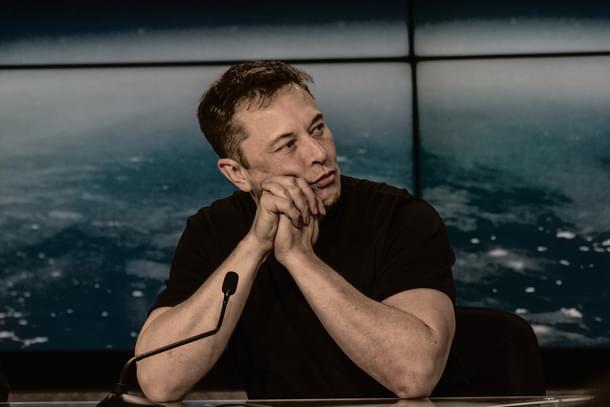Tech
India Has Much To Learn From 'Elon Musk Versus EU Commissar'
Swarajya Staff
Aug 13, 2024, 05:36 PM | Updated Aug 14, 2024, 04:09 PM IST
Save & read from anywhere!
Bookmark stories for easy access on any device or the Swarajya app.


The European Union (EU) sent a letter to X owner Elon Musk on 12 August. It was a virtual warning to Musk ahead of his interview with United States (US) presidential candidate Donald Trump.
In the letter, the Digital Commissioner of the EU, Thierry Breton, warned Musk against the “amplification of harmful content” in Europe through the interview. The inference being that whatever Trump says is ‘harmful content’ by virtue of it being said by Trump. The actual content does not count.
While Musk responded to Breton with a humorous and profane meme, the EU’s letter shows the Union openly taking sides in an American presidential election and not being averse to using the full force of the law at their disposal to express their preferences.
On the principle of preventing foreign interference in domestic politics, the choice is easy: Musk, good. EU, bad.
But now don the hat of a reasonably aware and concerned Indian citizen and ask yourself a slightly different question: if X, or Facebook, or Instagram decides to interfere in Indian elections tomorrow and the government of the day goes out to stop them:
a) Whose side will you be on?
b) In case it’s the government, does the government have any legislative or statutory instrument to prevent meddling by big tech?
All popular social media websites and search engines in India are foreign-owned. Those looking to influence elections and news cycles can do so rather easily using a variety of means, from mysterious algorithms limiting reach to outright banning other views.
Election interference was not blatant in 2024, given that Modi was widely expected to win a comfortable majority. But what if, just four years from now, the Western powers believe it is time for regime change and choose to weaponise the algorithms of Facebook, Whatsapp, YouTube, and others.
The one instrument that was being developed to prevent such a scenario has now reportedly been withdrawn: the Broadcasting Services (Regulation) Bill, 2024.
In July, the government shared a draft of the legislation with select stakeholders. This draft was said to contain measures to regulate online content in India, even content on foreign-owned platforms.
While reports say that the government has given time to stakeholders until 15 October to give their comments, there is ambiguity now on whether the comments are required on a November 2023 draft or the one shared in July 2024.
Regardless, the fact that the 2024 draft has been withdrawn implies that, as of today, there is no statutory measure available to check the interference of foreign tech companies in Indian politics.
Musk is right in giving it back to the EU. How dare they lecture an American company about American politics? India should be able to say the same to US firms too.





